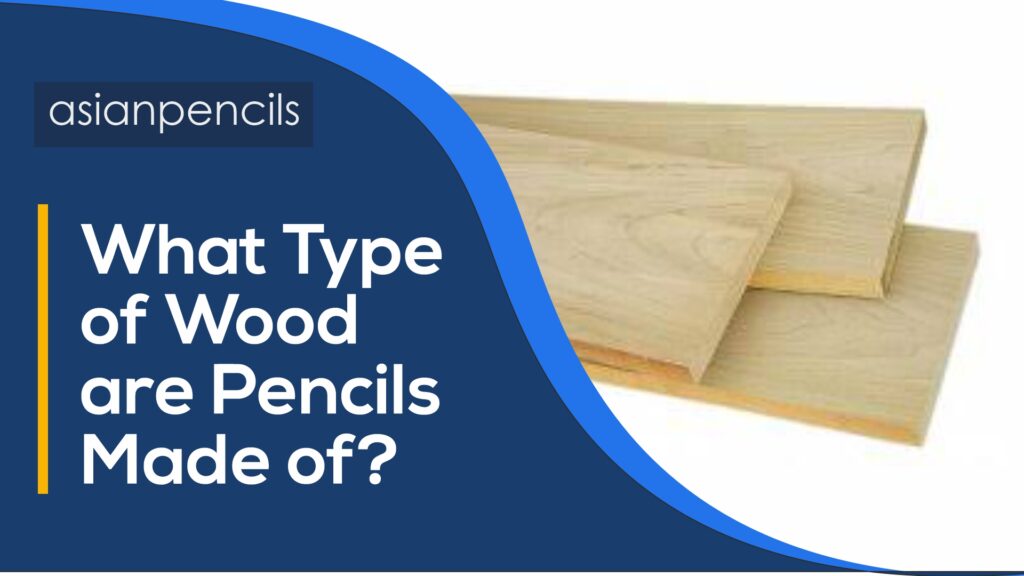The Wooden Wonder: Exploring the Use of Wood in Pencil Manufacturing
Introduction: Pencils are iconic writing instruments that have been used for centuries. One notable characteristic of pencils is their wooden construction. In this blog post, we will delve into the reasons why pencils are generally made of wood, the types of wood commonly used, and the advantages of wooden pencils over mechanical pencils.
Why are Pencils Generally Made of Wood?
- Tradition and History: The use of wood in pencil manufacturing can be traced back to the origins of pencils themselves. The combination of a graphite core encased in a wooden barrel has been a tried-and-true design for centuries, providing a familiar and comfortable writing experience.
- Ease of Sharpening: Wooden pencils can be easily sharpened using a pencil sharpener, revealing a fresh point for precise writing or drawing. The act of sharpening a pencil can be satisfying and nostalgic, adding to the charm and ritual of using a traditional pencil.
- Lightweight and Portable: Wooden pencils are lightweight, making them convenient for carrying in pockets, pencil cases, or notebooks. Their compact nature and ease of use make them a preferred choice for students, artists, and professionals who need a reliable and portable writing tool.
What Type of Wood are Pencils Made of?
- Cedar Wood: Cedar is a popular choice for pencil manufacturing due to its favorable qualities. It is lightweight, has a straight grain, and offers durability. Cedar also has a pleasant aroma and is resistant to splintering, making it a suitable material for pencil barrels.
- Basswood: Basswood, also known as lime wood, is another type of wood used in pencil production. It is lightweight, easy to carve, and provides a smooth surface for pencil barrels. Basswood is favored for its uniform texture and color, making it ideal for quality pencil manufacturing.
Advantages of Wooden Pencils over Mechanical Pencils:
- Versatility: Wooden pencils come in various lead grades, allowing users to select the level of hardness or darkness that suits their needs. They are suitable for different writing or drawing styles and can produce both fine lines and broader strokes, providing versatility in artistic expression.
- No Need for Refills: Unlike mechanical pencils, which require lead refills, wooden pencils have a fixed graphite core. This eliminates the need to constantly monitor and replace lead, making wooden pencils convenient for continuous use.
- Environmental Considerations: Wooden pencils are often considered more environmentally friendly than their mechanical counterparts. The production process of wooden pencils requires fewer resources and energy compared to the manufacturing of complex mechanical pencil mechanisms. Additionally, wood is a renewable and biodegradable material.
- Cost-Effective: Wooden pencils are generally more affordable than mechanical pencils, making them a cost-effective choice, especially for bulk purchases or educational purposes. Their lower price point makes them accessible to a wide range of users.
Conclusion: Wooden pencils have stood the test of time, offering a classic and reliable writing experience. The use of wood in pencil manufacturing provides benefits such as ease of sharpening, portability, and a connection to tradition. Cedar and basswood are commonly used for pencil barrels due to their favorable properties. Wooden pencils have advantages over mechanical pencils, including versatility, no need for refills, environmental considerations, and cost-effectiveness. Embrace the charm and simplicity of wooden pencils, and let their timeless design inspire your creativity and written expressions.

